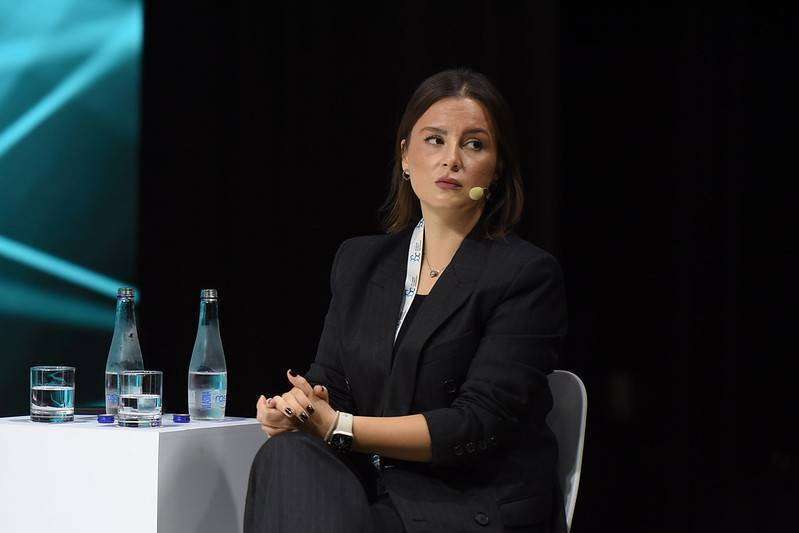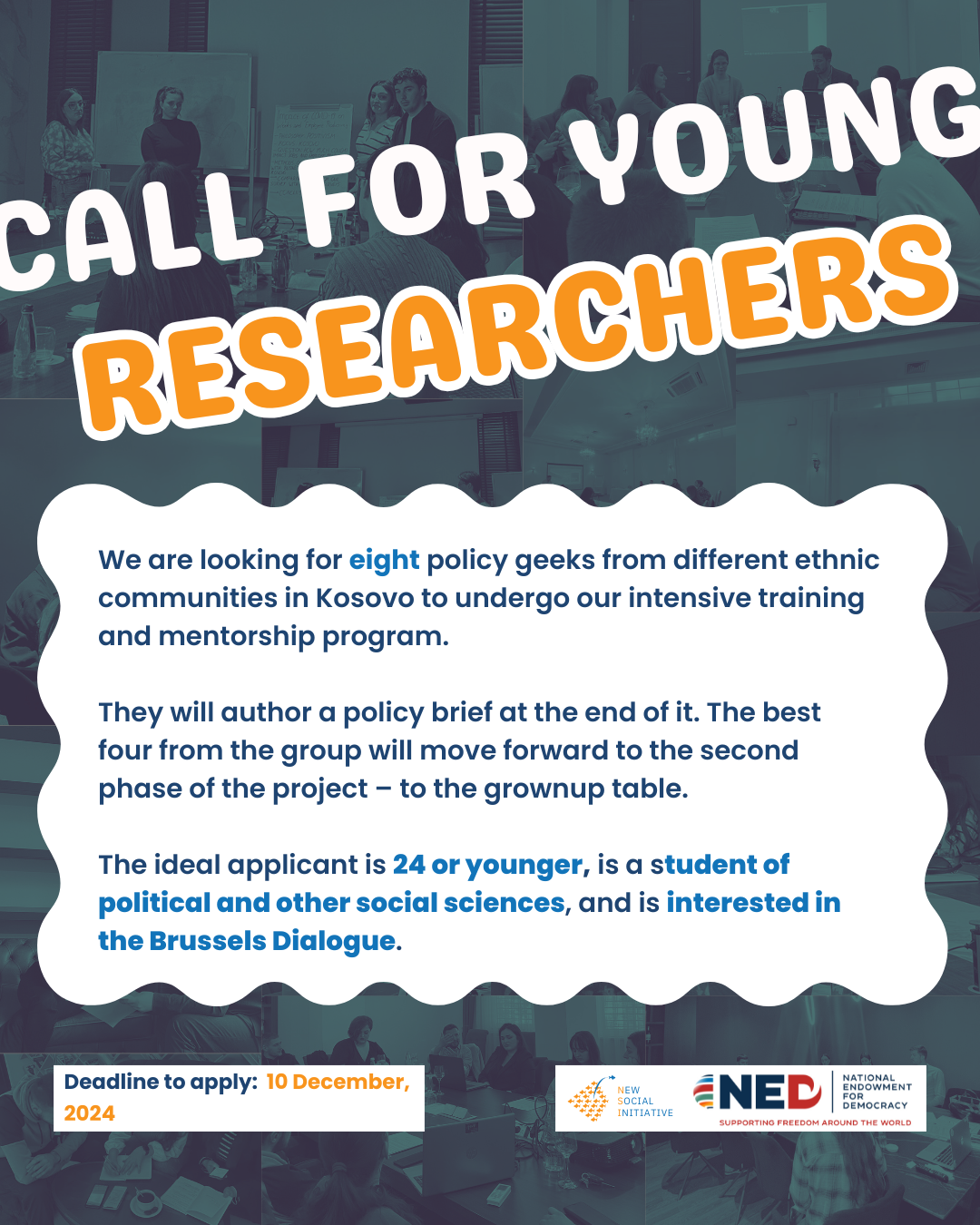
Radosavljević at BSC: The agreement needs to make the lives of the people on the ground easier

We are missing the good faith of the parties in the process of the Dialogue. Without it, I do not see the possibility of finding a durable and sustainable agreement, said Executive Director of NSI, Jovana Radosavljević at the “Kosovo and Serbia – Escaping the Dead-end” panel discussion in Belgrade.
Jovana spoke at the Belgrade Security Conference in October with Cristopher Hill, the US Ambassador to Belgrade, Besnik Bislimi, First Deputy Prime Minister in the Kosovo Government, Dušan Janjić, Forum for Ethnic Relations and Nikola Dimitrov, Former Minister of Foreign Affairs of North Macedonia.
Speaking of the French-German proposal for the new framework of the Dialogue she noted that a reflection on the process so far and guarantees of implementation of different agreements so far, need to be respected.
“In this respect the Association of Serb-majority municipalities was mentioned and the question whether it will be established before the new process starts or will it be a part of the new package. This is concerning – we agreed on something, put it on paper, in the case of the Kosovo Assembly it was also ratifier and even the Constitutional court ruled that it is an international obligation, and the Government of Kosovo still refuses to implement it. This does not show the good faith,” said Radosavljević.
She also underlined that any new framework need to keep in mind the needs of the community on the ground.
“We are going to be the ones that are going to be living the consequences of these agreements. And the agreements need to make our lives easier”, noted Radosavljević.
New decision on punitive measures for registration face-saving, but not problem-solving
The latest decision of the Government of Kosovo to refuse to extend the deadline for non-punitive registration process is face-saving, but it is not problem-solving.
“The real reason why citizens refuse to register their cars to RKS plates is that that for them is an impractical solution. People who have issues with civil registration and are unable to obtain Kosovo documents are ineligible for registration because they also cannot obtain Kosovo driving licenses. This puts them in a position to operate their RKS vehicles illegally. The process has been short, but it has not been made better because people would have to go to the driving schools to again pass the driving exam,” said Radosavljević.
Looking back at the previous rounds of registrations, particularly the one in 2018, Radosavljević noted that it was far more fitted to the citizens needs.
“There existed a choice between RKS and status neutral KS plates, obtaining Kosovo diving licenses was easy and Srpska list invited people openly to reregister,” recollected she but added that still just a couple hundred people, including herself, opted for the registration even then.
As she sees it, in order to avoid escalation and tensions, all the decisions of the Government of Kosovo need to be based on information on the community needs and previous resolution of their practical and administrative problems. She called for the revision of the government decision and underlined the need to coordinate any actions related to the K-Serb community with Belgrade withing the Dialogue framework.
See the full panel discussion here:





